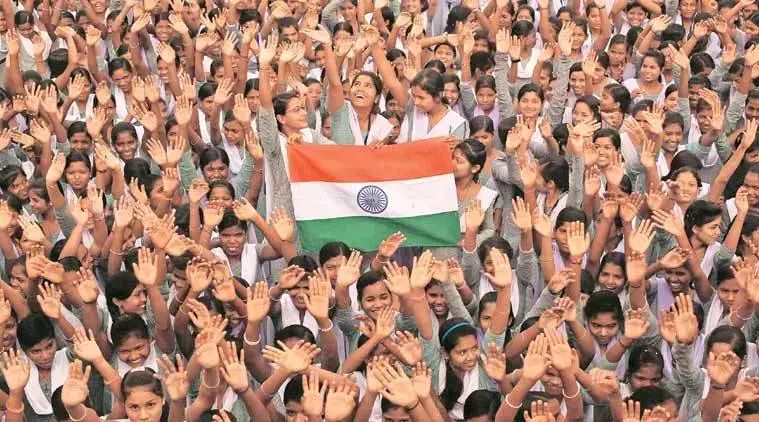
- India’s success in presenting initiatives for peace remains a bedrock of historical as well as principle-based approach for the world to emulate.
- A new global approach that promises to democratize the socio-political aspects of all nations will be more effective in bringing long-lasting peace and stability to the world.
India as a nation is considered a ‘glimmer of hope’ in today’s times. Most of this is because the Prime Minister and his vision of an Era of ‘No war’ echoed throughout every discussion and debate since the Ukrainian crisis started. The world believes that it is Prime Minister Modi’s close relationship with the Russian president that has prevented the war from escalating beyond the level of destruction that was witnessed in the initial months of the crisis. His vision and his ambition for a multipolar society have been accepted worldwide and even praised by numerous organizations and individuals alike. The world is indeed witnessing the sentiment that not just the Indian PM wishes to impart by himself but he has the support of the people that believe in his vision as well.
If the world has started admitting and even praising the Prime Minister and India’s role in building peace now, it has come from a place of experience and with a different approach as well. The Modi government has not only shown a different type of approach externally but internally as well. I shall present two types of examples, internal as well as external, to show the kind of approach India takes to issue peace in an otherwise burning world that can lead to a huge disaster.
The BJP, in the centre as well as in the state elections in various states of the Northeast have done well to coordinate development-based programs in the region. Once considered a turbulent region of insurgency, the North East today is a success story of closer integration into mainstream politics of India. This is nothing short of success as the Prime Minister’s vision to incorporate a successful *Act East Policy* is dependent on a peaceful North East that is supported by infrastructure development as well.
Reports of multiple factions of the NSCN surrendering while inking an MOU with the Centre. Alongside this, members of the Chin Kuki Liberation Army laid down arms in Manipur with negotiations progressing with the central government. This has happened recently and it is a good sign. Discussions around the borders of Nagaland and Assam have started again after years of deadlock.
Recently, the Japanese ambassador’s promise of investment highlights the same as well as multiple projects of roadways that are undertaken to connect cities in the North East with cities in Myanmar and even Bangladesh. This is nothing but a part and parcel of the initiatives to bring along peace in this region. Envoys from Myanmar have also shown interest in the business from the Bodo community as well.
The Arunachal-Meghalaya border dispute was recently resolved with the press conference undertaken by both Chief Ministers in attendance. The Assam – Arunachal border dispute was signed with an MOU in the presence of the Home Minister as well as the respective CMs present. Earlier it was close to a resolution mentioned by Union Minister G Kishan Reddy. Moreover, there has been a significant dip in insurgency-related violence as well as rebel groups taking part in terror attacks. Constructive talks have led to many rebel groups even laying down their arms and joining active mainstream politics as well. This is nothing short of a marvel given the fact once there was a volatile situation that was also associated with cutting off the Northeast from the union of India
India’s success in presenting initiatives for peace remains a bedrock of historical as well as principle-based approach that has now led to this moment of being viewed as a glimmer of hope. Be it diplomacy or engagement in peace-keeping forces, India continues to work in the right direction. A new global approach that promises to democratize the socio-political aspects of all nations will be more effective in bringing long-lasting peace and stability to the world.
In terms of inclusive approach, India stands as an exemplary example of a local as well as a global hub of diversity as it is hosting Y20, C20, T20 and almost 11 parallel meetings in all the states, especially in the Northeast of India which shows a renewed approach of India in ushering inclusiveness both locally as well as globally. Notions of democracy can often differ per understanding of any particular state. Therefore, it is important to discuss and build a consensual understanding of democracy as a system of positive governance.
(Anhad Jakhmola is a postgraduate scholar in international relations. He has his undergraduate degree in history and is pursuing his PhD in Defence and Strategic Studies. He is a columnist for many portals and is a keen public speaker in debates and discussions. Views expressed are author’s own)

